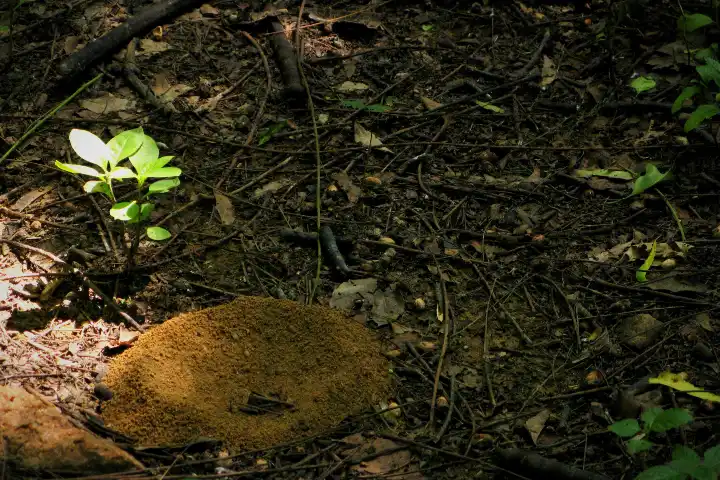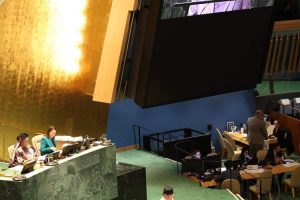COP15 – the UN’s biodiversity summit to halt ecological destruction and biodiversity loss begins today in Montreal, Canada. It was supposed to be held in Kunming, China, but was postponed due to the spread of the Covid-19 virus.
China which is the current chair of COP15 held an online event in 2021 and adopted the Kunming Declaration. It also agreed to hold the second part of COP15 at Montreal, Canada, as the official President of the meeting.
This is the second big environmental and climate change summit to be held in less than a month after the COP27 climate change meet held in Sharm-el-Sheikh in November, which created history of sorts by reaching an agreement on “loss and damage”. Bhupender Yadav, minister for environment and climate change will spearhead negotiations on India’s behalf in the second week.
The conference is important as scientists believe we are moving fast towards extinction because of fast depletion of our natural resources. The Montreal COP15 will see participation by over 190 governments besides other stakeholders like academia, indigenous communities and businesses.
No excuses.
No delays.
It’s time to forge a peace pact with nature. #COP15 pic.twitter.com/D8C37gQVOd
— António Guterres (@antonioguterres) December 7, 2022
Aims
Also known as the Convention on Biological Diversity (CBD), COP15 seeks to protect biodiversity, promote sustainable use of biodiversity and provide for ‘fair and equitable sharing of the benefits arising from genetic resources’, also called Access to Benefits and Sharing (ABS).
The Montreal COP15 seeks to not only stop but also reverse biodiversity loss worldwide in a bid to achieve its goal of “living in harmony with nature” by 2050. The aim is to expand protected areas and restore species.
The meet will try to raise funds, fix measurable targets that can be achieved to halt biodiversity loss and also push individual countries to implement their biodiversity plans. It will also coax companies to be transparent and come out in public about their negative impact on nature.
Campaigns
One of the big campaigns under COP15 is the 30×30 pledge – a global campaign which aims to protect 30 per cent of the world’s land and oceans by 2030.
Another major campaign is the Nature Positive campaign that wants to ensure that economic planning includes positive biodiversity policies so that the earth has more biodiversity by 2030.
Another campaign, Finance on the Table, focuses on the fact that developing countries, many of which are megadiverse countries (the 17 nations that harbour a large variety of the earth’s species including India, China and Brazil) are provided with adequate funding to protect their biodiversity.
Importance
COP15 is important as climate change and environmental destruction has not been as widespread as it is now. According to scientists, almost all parts of the planet have been impacted severely because of melting ice, unprecedented floods, recurring droughts, devastating wildfires and disappearing species.
Halting climate change has become paramount as it will erode economic prosperity, lead to mass migration, impact food security and even lead to loss of livelihoods in the forestry, fishing and farming sectors.
Changing climate and weather patterns are also leading to mass health problems. The emergence of the highly damaging Covid-19 pandemic and its quick spread is attributed to loss of wildlife habitat and destruction of nature.
On Tuesday, a day ahead of the conference, UN chief Antonio Guterres warned: “With our bottomless appetite for unchecked and unequal economic growth, humanity has become a weapon of mass extinction”. As world leaders converge at COP15 CBD, its success will be counted only if the rich nations pledge suitable funding and the rest honour their commitment towards protecting wildlife, forests and oceans.
Also read: Environment: Let’s be the change, say people




















